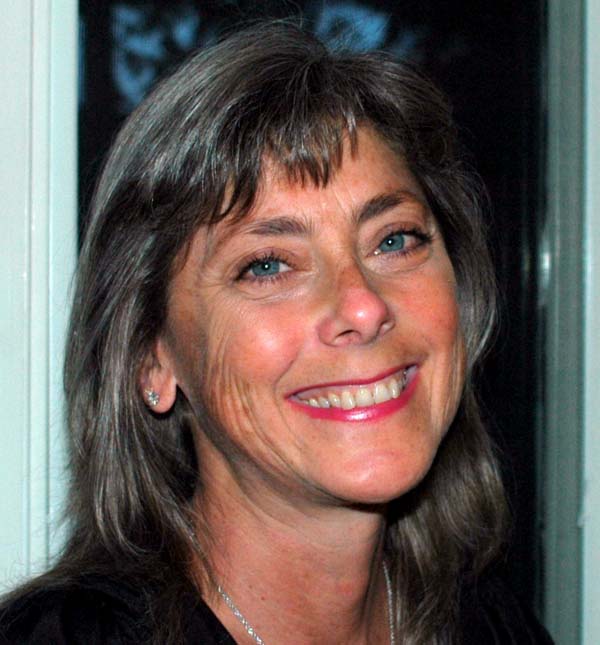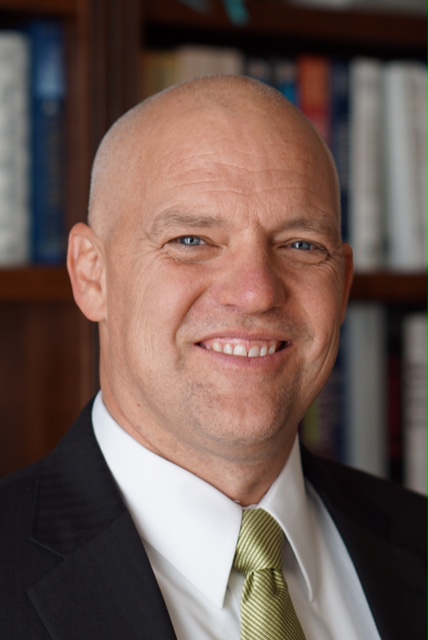Theoretical & Clinical Considerations in
Advanced EEG Biofeedback Methodologies
Let Us Schedule Your Group Course*
Abstract: EEG Biofeedback has greatly expanded over the past 20 years. As a result, the list of treatment options can seem overwhelming. Amidst the clamor of competing ideologies, manufacturers, and treatment modalities, it is the responsibility of the advanced EEG biofeedback clinician to create a treatment approach that is effective and engaging for the trainee/patient/client. This class moves beyond the introduction to basic EEG feedback modalities and equipment, and into an overview of the state of the art of EEG, and the subsequent options and complex treatment decisions that are necessary for operating competently in the modern neurofeedback climate.
Location: in the comfort of your internet connection
Level: Intermediate to advanced
Times*: 8AM-9:30AM Pacific Time
Lecture 1 (Review), Lecture 2 | (Reward Styling) | Lecture 3 (Montages, References, & Protocols)
Lecture 4 (Brodmann Areas) | Lecture 5 (Networks)
Lecture 6 (LORETA) | Lecture 7 (Coherence & Symmetry) | Lecture 8 (Phase & Phase Lag)
Lecture 9 (JTFA & Wavelets) | Lecture 10 (Z-Score Applications)
*We can create the schedule based on your time zone and the group’s needs.
Instructors:
Cynthia Kerson, 2(PhD), QEEGD, BCN, BCB Cynthia Kerson, 2(PhD), QEEGD, BCN, BCB, BCB-HRV is currently the founder and director of education for APEd (Applied Psychophysiology Education) and faculty at Saybrook University, Dept. of Applied Psychophysiology. She is BCIA certified in biofeedback, neurofeedback, and Heart Rate Variability and holds certification as a diplomate in QEEG and mentors applicants for all certifications.
Her role with APEd is to develop and teach introductory, intermediate, and advanced courses in the specialized areas of brain training and EEG analysis. She teaches the EEG Biofeedback, QEEG, Advanced Neurofeedback, and Neuropsychophysiology courses in Saybrook University’s Doctoral Program of Applied Psychophysiology as well as chairs dissertations in applied neuromodulation and assessment. Her research interests are in neuromodulation and uses of applied psychophysiology for ADHD, anxiety, depression, and PTSD. Dr. Kerson is an awardee and co-investigator of the NIMH grant for the 5-year ICAN study, which has looked at neurofeedback for ADHD and is currently publishing on its findings.
Cynthia has published many articles and chapters on biofeedback and neurofeedback and is the co-editor of Alpha-Theta Neurofeedback in the 21st Century and Joe Kamiya: Thinking Inside the Box.
Cynthia is the vice president of the Board of Directors for the Behavioral Medicine Research and Teaching Foundation (BMRTF) and has served on the Board of AAPB, as vice president of FNNR (Foundation for Neurofeedback and Neuromodulation Research), twice as president of the AAPB Neurofeedback Section and is two times past president of the Biofeedback Society of California. In addition to her more academic pursuits, she frequently consulted with the media, contributing her expertise to television, including serving as the ‘EEG expert’ for the popular program MythBusters.
John C. LeMay, MA, PhDc, QEEGD, BCN, BCB is a Marriage and Family Therapist in Reno, NV and Pismo Beach, CA. He received his degree in Marriage and Family Therapy in 1993 from Azusa Pacific University and started applying biofeedback to interpersonal settings just after graduating. He was licensed in California as an MFT in 1997, licensed in Nevada in 1998, and has been in private practice in Reno, NV since 1997. In 2003 John and his colleague and friend George H. Green, PhD developed a BCI robotic device as proof of concept for weighted autonomy and computerized neural networking. He is past president of The Biofeedback Society of California and specializes in the treatment of anxiety disorders
Student attendee registration must provide proof of registration in an accredited university or other learning platform approved by staff of APEd


